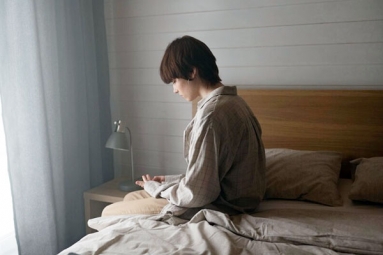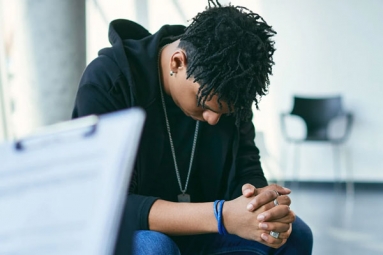
(Image source from: Freepik.com)
The issue of male mental health in India is deeply rooted in societal expectations and stigmatization. Men are often conditioned to believe that they must be stoic and suppress their emotions, leading to limited emotional expression and the inability to seek help for their mental well-being. This, coupled with work pressures and a lack of awareness about mental health, has contributed to a concerning rise in suicide rates among Indian men.
According to a report by The Lancet Regional Health, cases of death by suicide among Indian men have increased by over one-third in the past seven years. In 2014, 89,129 men died by suicide compared to 42,521 women. This ratio has risen to 2.64 times in 2021, with 1,18,979 males dying by suicide last year, against 45,026 females. Men also have a higher rate of completed suicide compared to attempted suicide.
The Indian Council of Medical Research (ICMR) research highlights that every seventh Indian man suffers from a mental health disorder, such as anxiety or depression. Furthermore, the suicide death rate for men has increased from 18.7% to 23.4%.
This societal pressure and stigma surrounding male mental health have also resulted in physical health issues for men. Stress and anxiety can manifest as erectile dysfunction, further impacting the overall well-being of Indian men.
In order to break these barriers and address the mental health challenges faced by Indian men, it is crucial to initiate open discussions, create awareness campaigns, and foster supportive environments. By encouraging dialogue and dismantling the societal expectations and stigma associated with male mental health, men can feel empowered to seek help and support for their well-being.
Dr. Pritisha Saxena, a Consultant Psychiatrist at Vijaya Clinics, Centre for Skin & Mental Health in Nagpur, emphasizes the need to talk about male mental health in order to dismantle these barriers. It is essential to challenge the myth of masculinity, which portrays men as emotionally stronger and prevents them from expressing their vulnerabilities. Providing a safe space for men to open up and seek help is crucial in promoting their overall well-being.
Addressing the issue of male mental health in India requires a multi-faceted approach that includes education, destigmatization, and access to mental health resources. By creating a society that supports and encourages emotional expression and seeks to understand the complexities of male mental health, we can work towards a healthier and more inclusive future for all.







